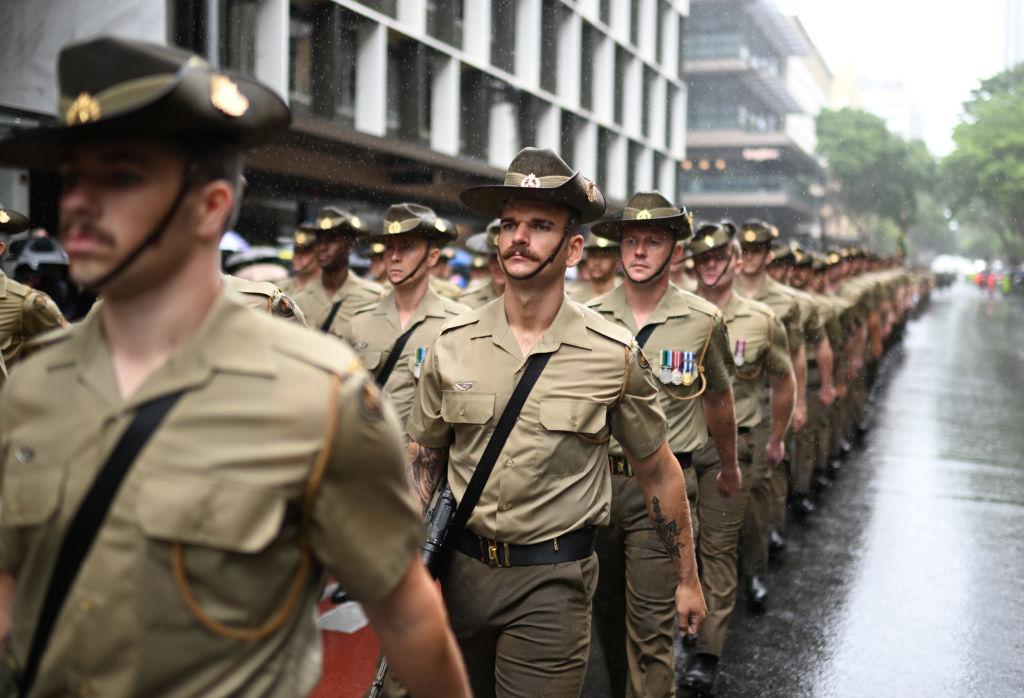Australian soldiers and staff will be offered a $50,000 (US$33,170) bonus payment as part of a wider effort to stem the ongoing loss of personnel in the country’s defence force.
Attrition or the rate of personnel leaving the Australian Defence Force (ADF), hovers at around 10 percent each year, which equates to 5,000-6,000 individuals.





